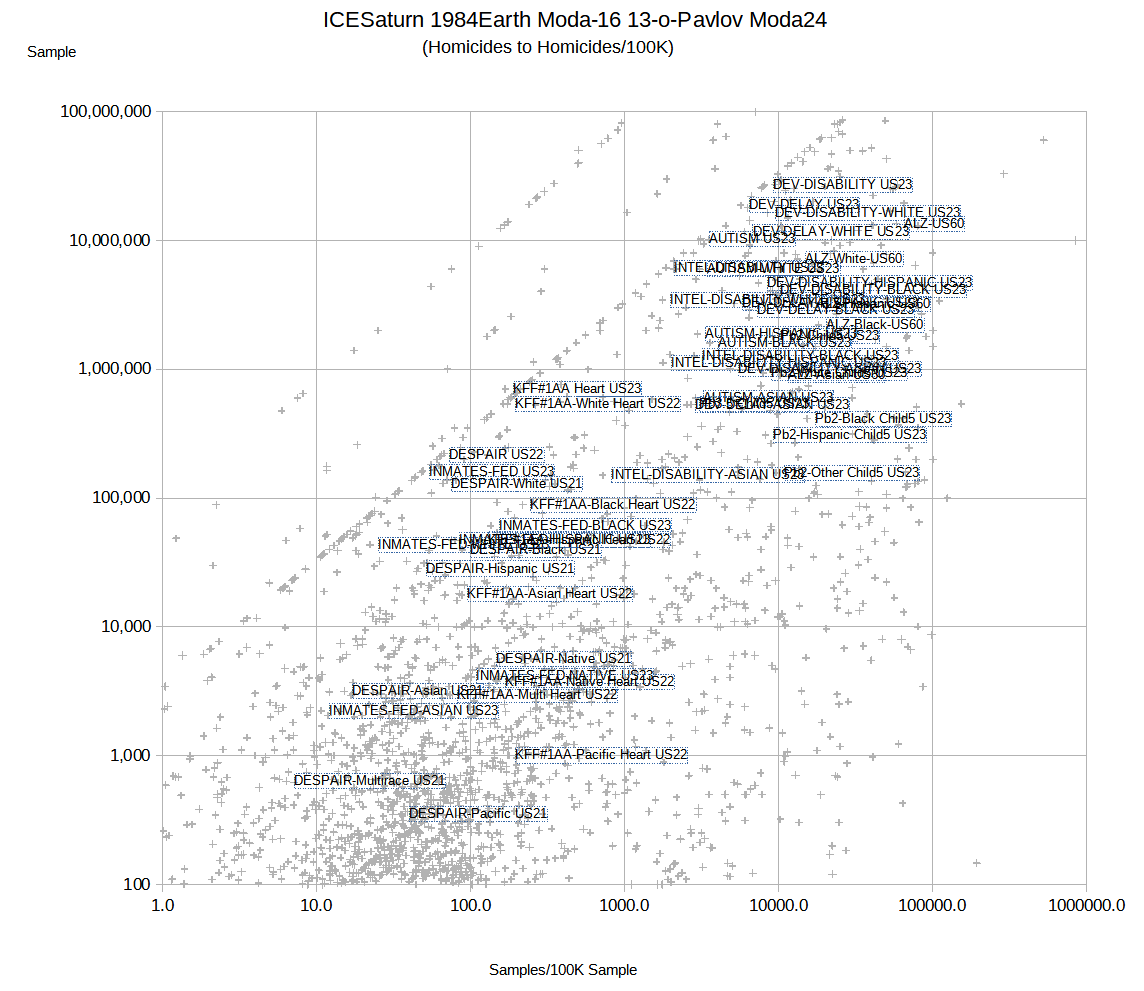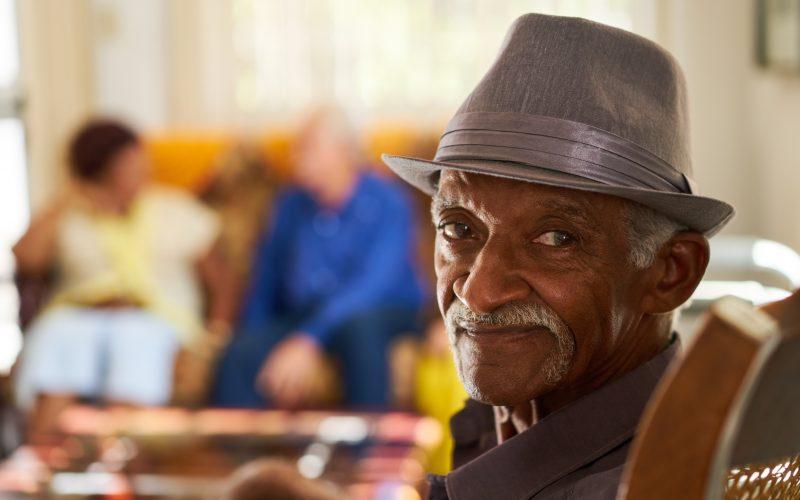

Krys Boyd [00:21:48] Randall, I do want to address a couple of things here. Many people might have heard the old conventional wisdom sometimes passed down, even in medical schools, that health differences between people of different races might somehow be related to physiological differences between different races. Do scientists studying these outcomes still believe this?
Renuka Rayasam [00:22:08] No, absolutely not. I mean, I think I think we know health outcomes are related to so many environmental factors diet, lifestyle, whether you have mold in your walls and proper living conditions and and clean water. I mean, these are these explain a vast majority of health outcomes. And and there’s sort of nothing really talking about biological differences that’s a pretty outdated concept.
Despite some progress, Black Americans continue to have worse health outcomes than other racial groups. KFF Health News senior correspondent Renuka Rayasam joins host Krys Boyd to discuss why we’re failing to close the health gap – especially for rural, low-income African Americans – and why access to quality care is sometimes blocked by the states. Her article, written with Fred Clasen-Kelly, is “Black Americans Still Suffer Worse Health. Here’s Why There’s So Little Progress.”
The Black American fight for proper healthcare
By Madelyn Walton, Think Intern
The lives of Black Americans continue to face racial disparities in health care due to historic and recent government policies. The racial health gap is compounded by difficulties finding employment that does not put them at risk of illness, a lack of health providers in low-income areas, and an inability to access affordable treatments.
https://think.kera.org/2024/12/16/why-we-havent-narrowed-the-racial-health-gap/


Comments